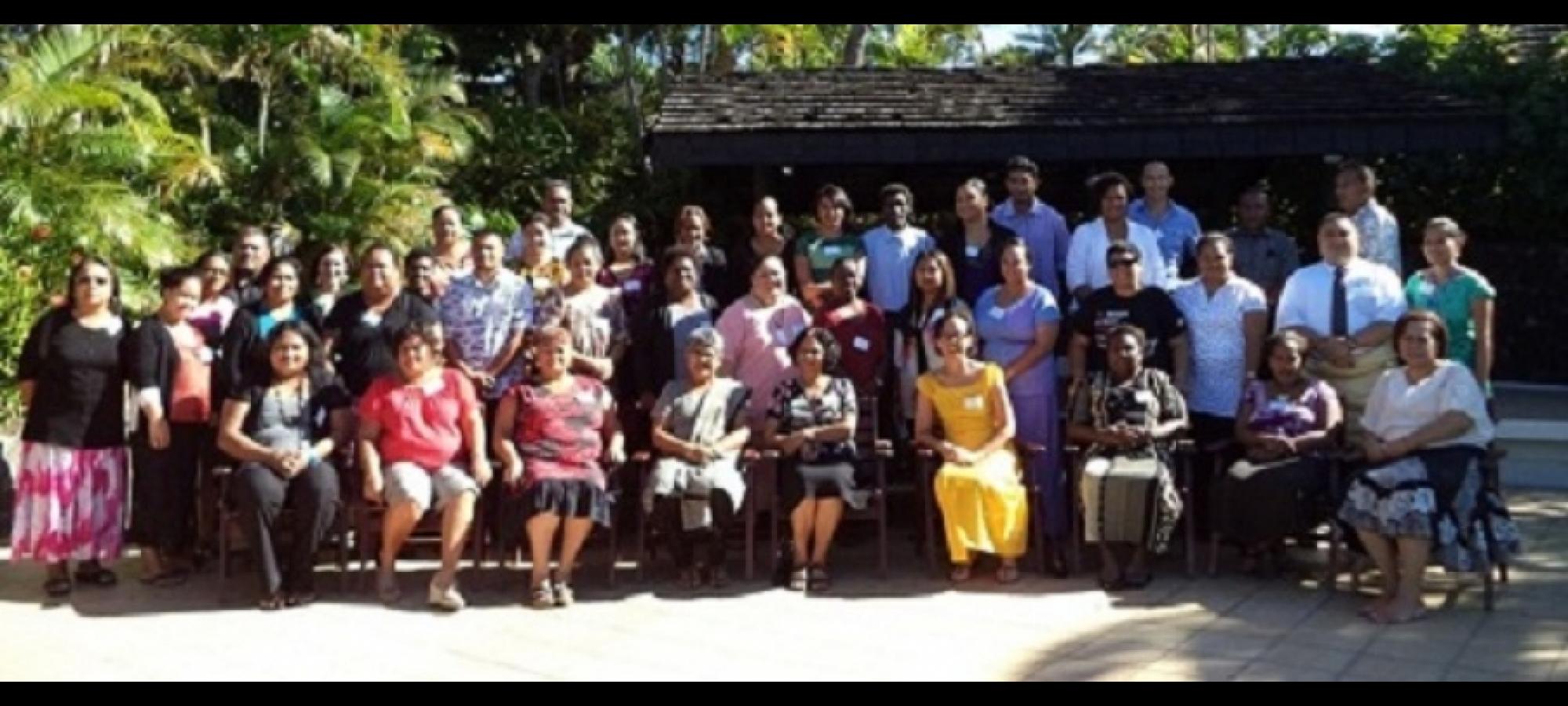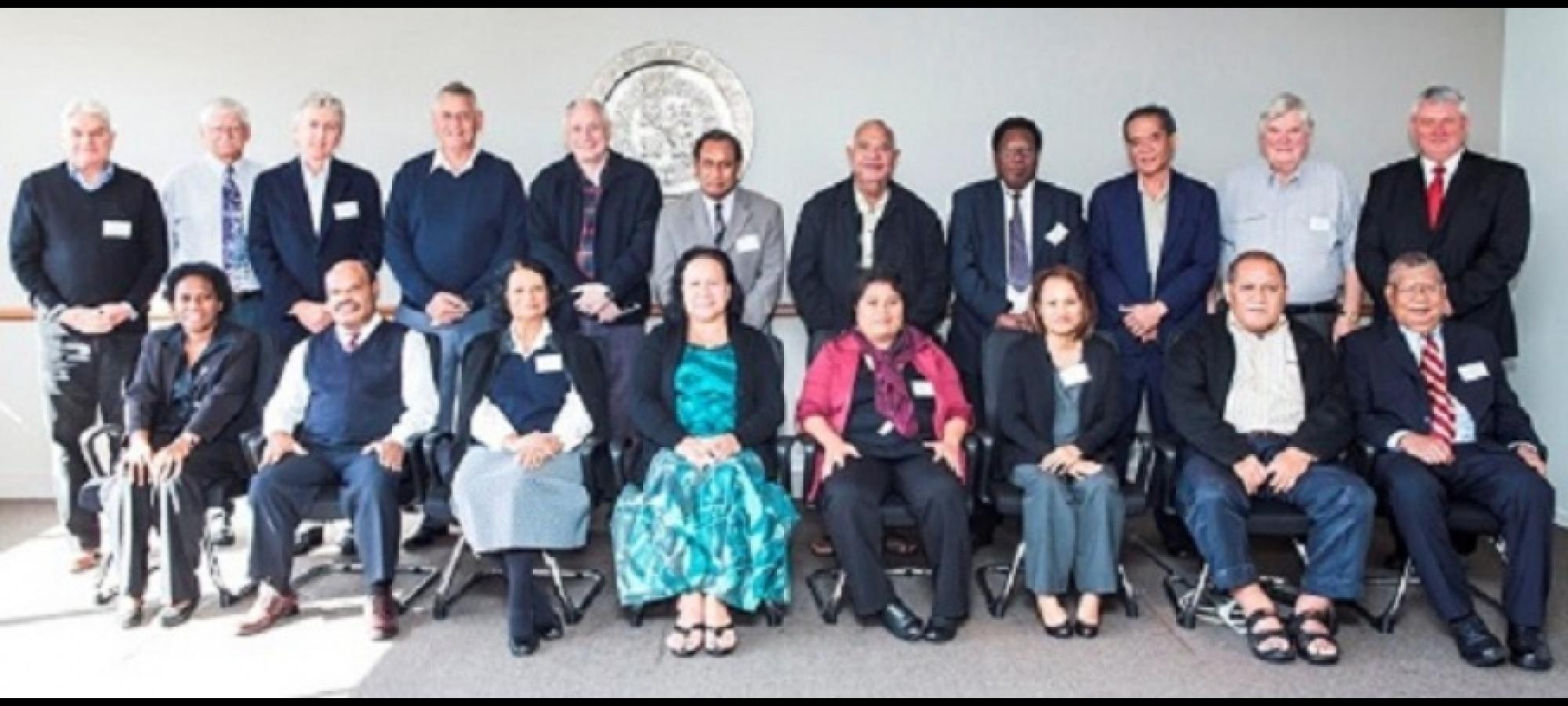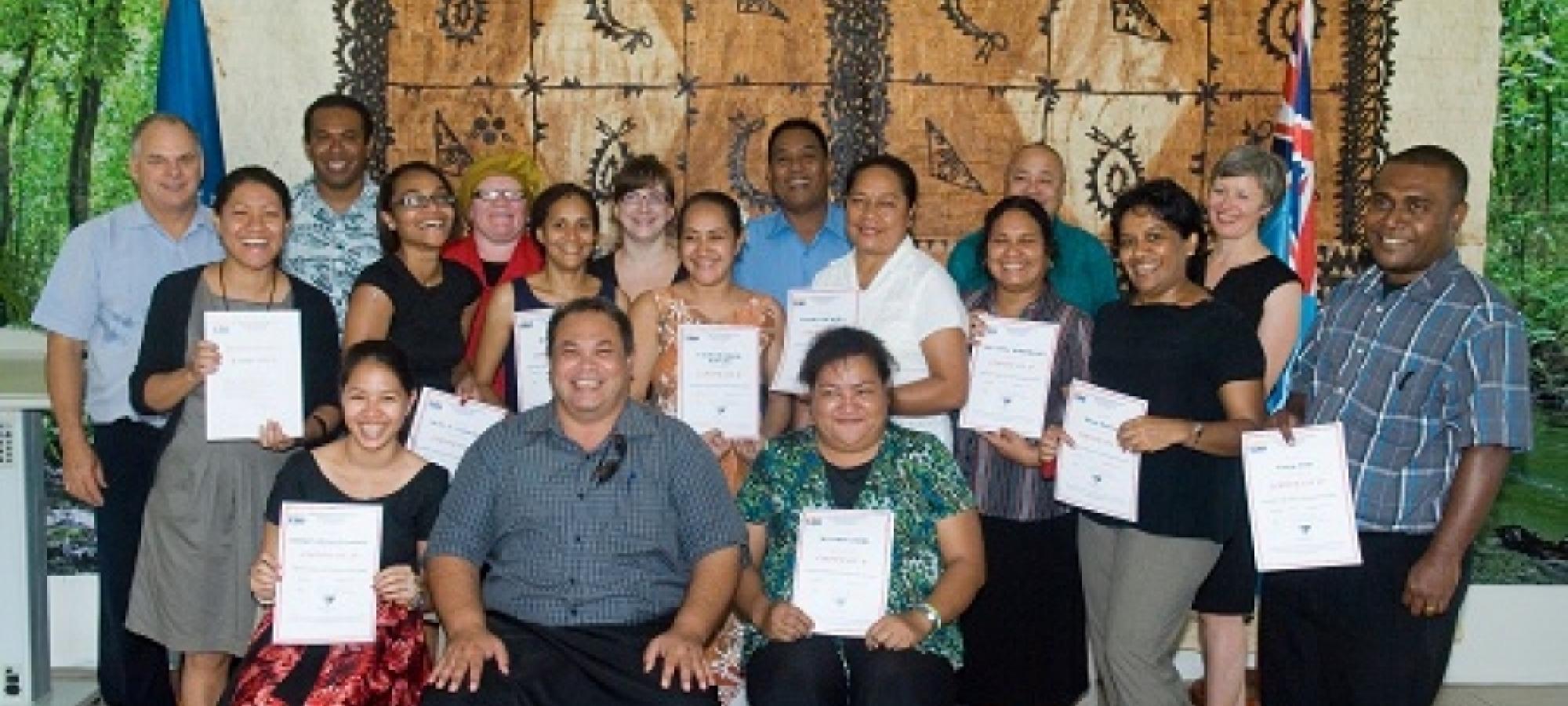Expert calls for domestic violence laws in the Pacific to be gender specific

Monday 10 June 2013, Secretariat of the Pacific Community (SPC), Suva, Fiji –
A four-day regional consultation on violence against women legislation in the Pacific, organised by the Secretariat of the Pacific Community Regional Rights Resources Team (SPC RRRT), is currently underway this week in Nadi, Fiji.
In her remarks at the opening ceremony of the consultation, guest speaker Shamina Ali, Coordinator of the Fiji Women’s Crisis Centre, called for gender specific domestic violence laws in the Pacific as a vital way forward in addressing discrimination against women in the region.
‘The use of gender neutral laws in addressing domestic violence ignores the reality of the nature of domestic violence, and is ineffective in the context of a patriarchal society. It is well established that cultural norms and societal values in Fiji and the Pacific are predominantly patriarchal, and that women’s access to justice is restricted,’ Ms Ali said.
A good example of gender specific domestic violence law, Ms Ali added, is India’s Protection of Women from Domestic Violence Act of 2005. The act guarantees a women’s right to reside in the matrimonial or shared household, irrespective of whether she has any title or rights in the property.
Other presentations during the opening ceremony reaffirmed the findings of national surveys showing the high prevalence of violence against women in the Pacific. The recent research shows rates of 68% in Kiribati, 60% in Vanuatu, 64% in Solomon Islands, 46% in Samoa and 61% in Fiji.
Participants were also reminded that legislation is only one aspect of the work needed to address violence against women; it is equally important to ensure resources are available for the implementation of the laws and to monitor progress.
Activities on the agenda for this week’s consultation include reviewing legislation to address violence against women in the region and lessons learnt from national committees and consultations, sharing lessons on law reform strategies undertaken in countries and developing plans to progress legislative law reform in the Pacific.
This consultation is the 5th organised since 2009 and is part of SPC RRRT’s programme to develop and support comprehensive integrated legislation that addresses all forms of violence against women. The aim is to build capacity at the national level to advocate for improved legislation through the development of appropriate policy papers and comprehensive legislative reviews encompassing all aspects of legislative change that affect women suffering from violence.
The consultation this week is being attended by government and civil society stakeholders including legal drafters from Cook Islands, Kiribati, Federated States of Micronesia, Nauru, Samoa, Solomon Islands, Tonga, Tuvalu and Vanuatu. This consultation and work to support legislative change in addressing violence against women is supported by the Australian Agency for International Development (AusAID).
For more information, please contact Jilda Shem, SPC RRRT Communications Officer on +679 330 5994 or email [email protected].










